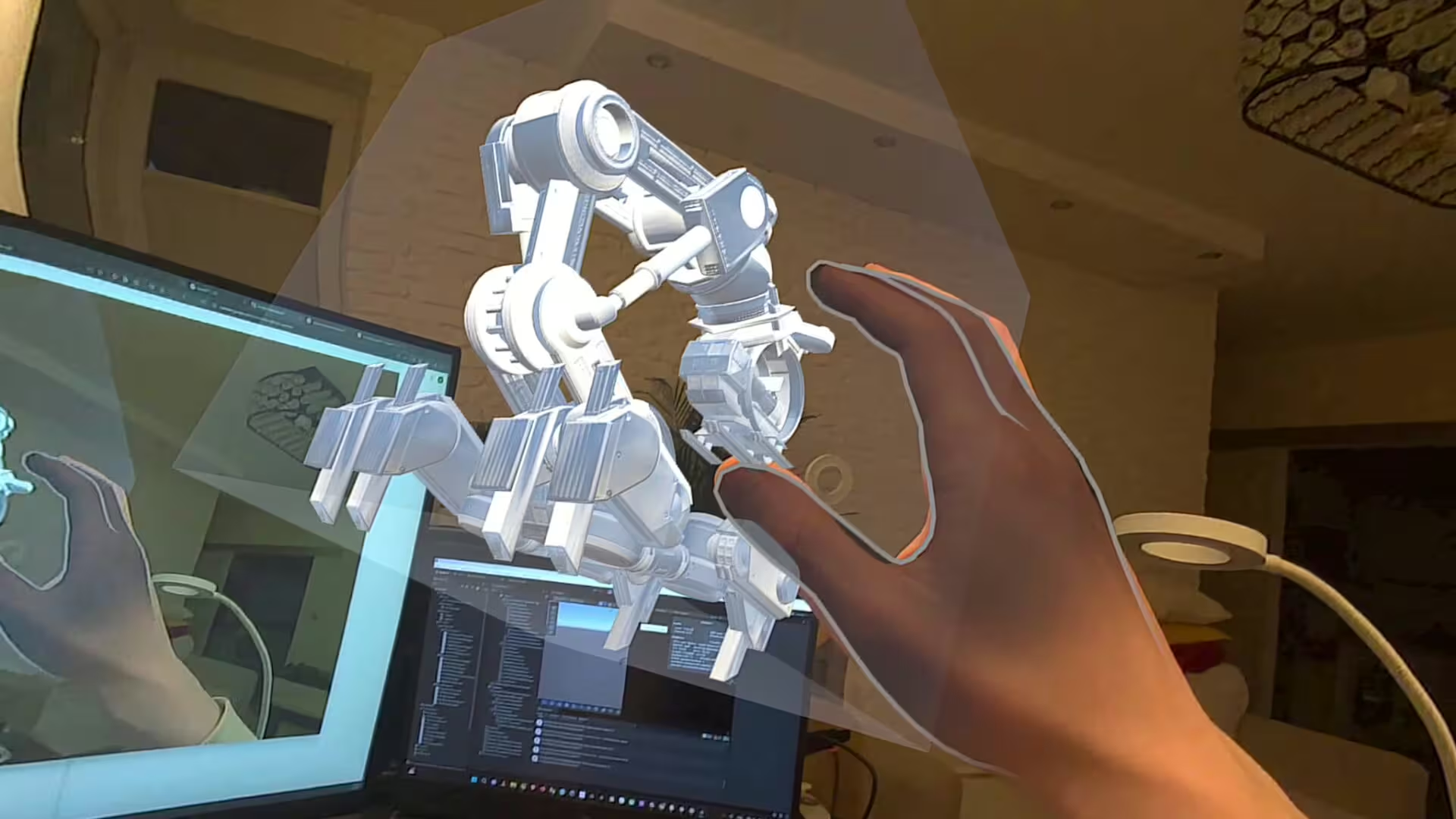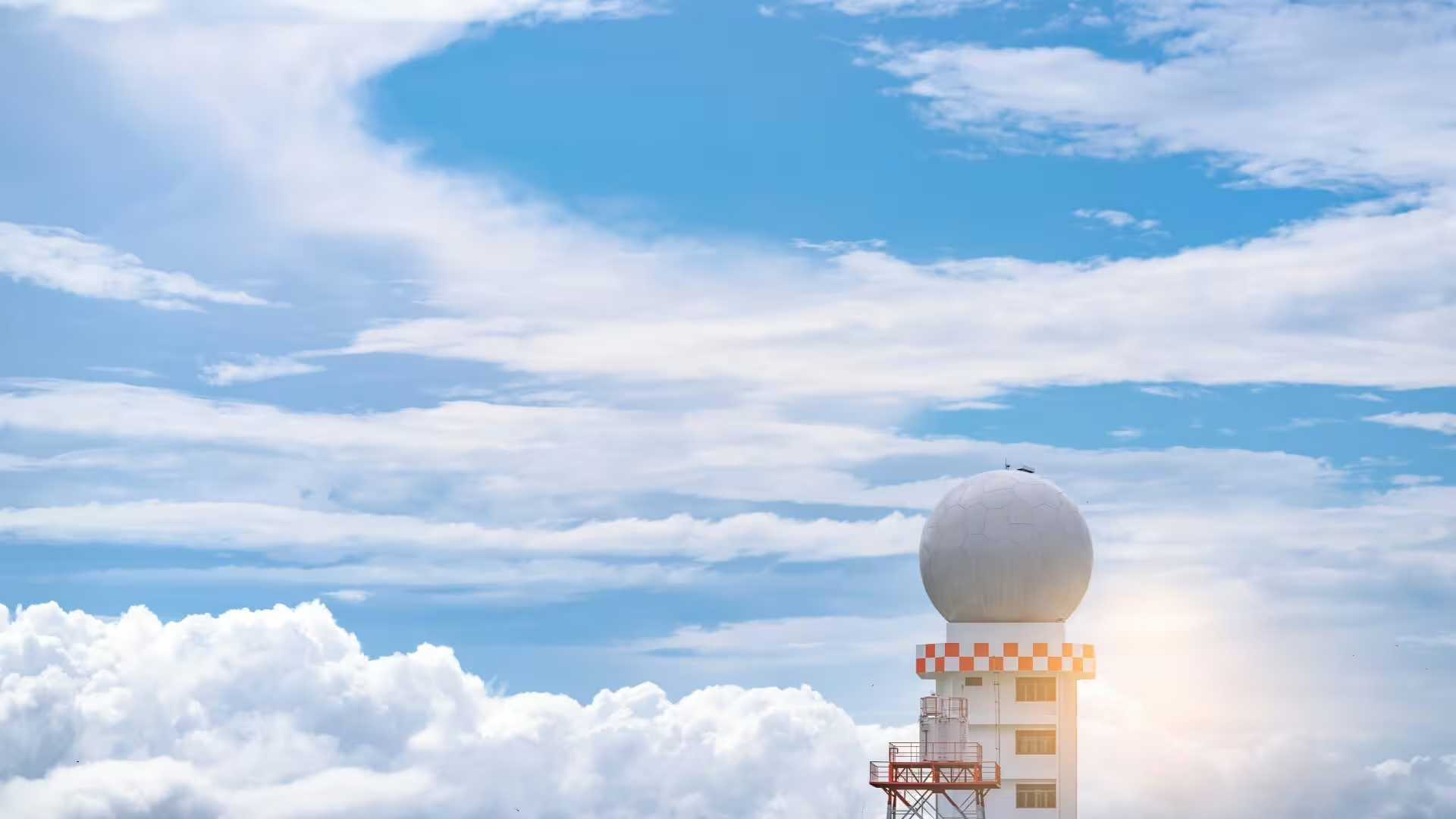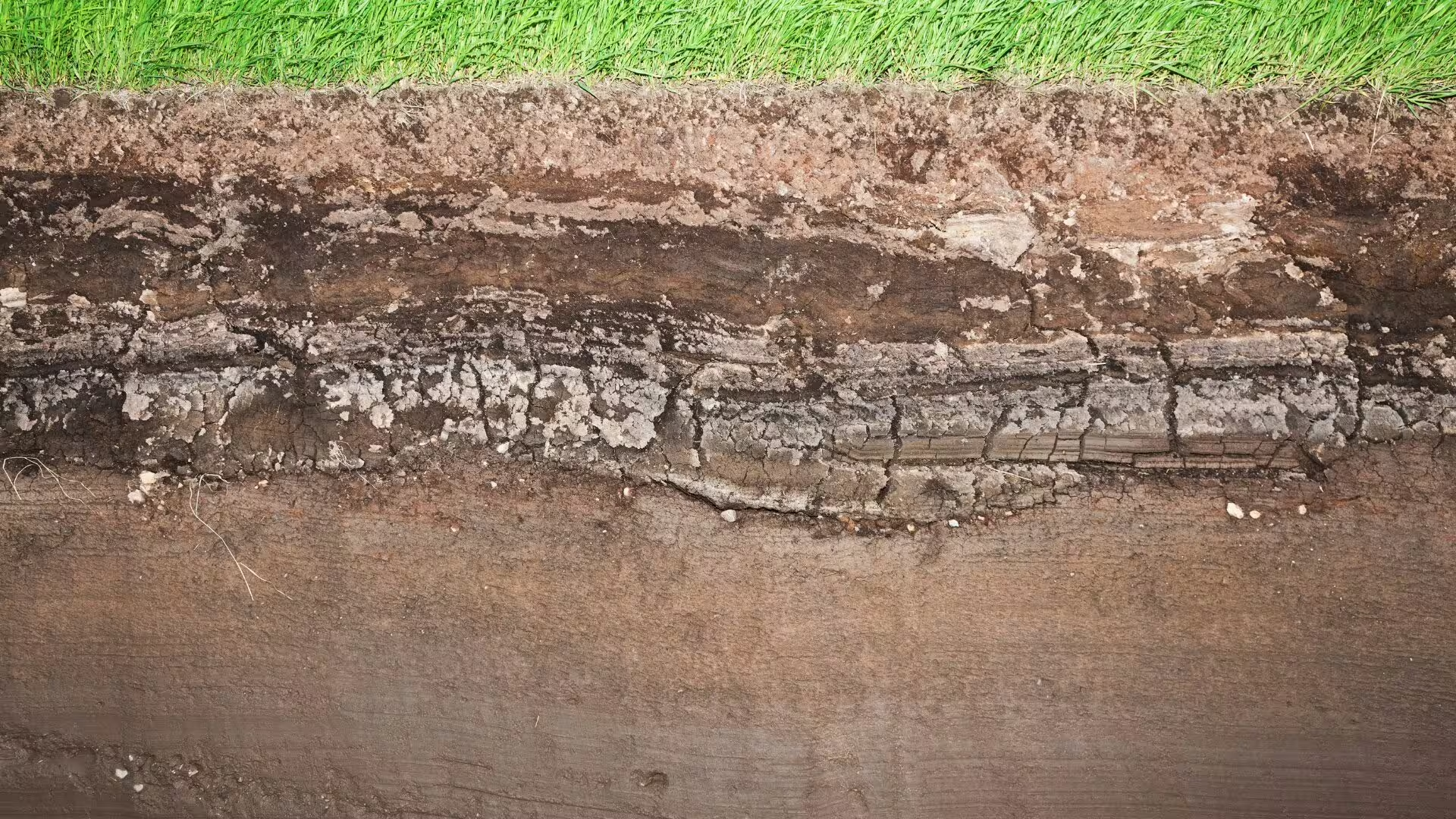Internet jest dziś podstawowym narzędziem poszukiwania wiedzy ale też rozprzestrzeniania dezinformacji, w szczególności na temat leczenia i profilaktyki chorób, w tym szczepień. Może to stanowić zagrożenie dla zdrowia publicznego. Komunikacja za pośrednictwem Internetu pozostawia cyfrowe ślady, które mogą być zbierane i analizowane z użyciem oprogramowania statystycznego. W pracy przebadano aktywność wybranych stron rozpowszechniających dezinformację w portalu społecznościowym Facebook oraz ich użytkowników. Ustalono, że w Polsce, podobnie jak w innych krajach, rozwija się społeczność zainteresowana przekazami antynaukowymi. Zidentyfikowano animujących ją nadawców i ich strategie komunikacyjne. Wnioski wykorzystano do zarekomendowania metod przeciwdziałania dezinformacji medycznej.
Internet is nowadays the main tool for seeking knowledge but also for the spread of disinformation, among others – in the field of medicine and vaccinations. The latter can be detrimental to public health. Internet communication leaves digital traces which can be gathered and analysed with the help of statistical software. This thesis contains an analysis of the activity of specific pages spreading disinformation via Facebook social platform and their users. It shows that, similar to other countries, the community of people interested in anti-science communication in Poland is growing. Active community leaders among pages and some of their communication strategies are identified. Conclusions are used to formulate recommendations for preventing the medical disinformation spread.




